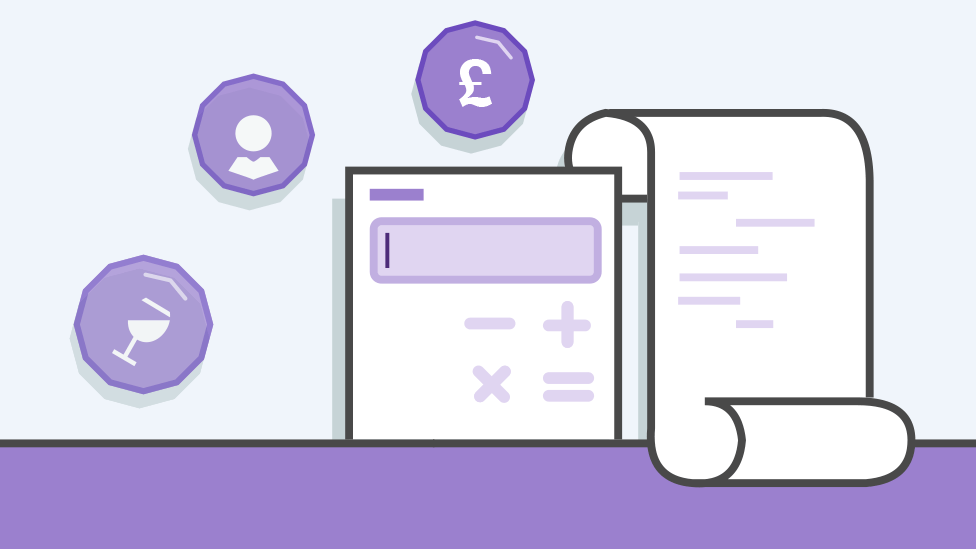Budget 2017: What it means for you
- Published

A Budget has been delivered by Chancellor Philip Hammond which he says will "help families to cope with the cost of living".
The chancellor has announced plans on tax, housing and travel, alongside an update on the UK's economic position.
Here is what it means for you.
Stamp duty reform
The stand out feature of the Budget for first-time buyers living in England, Northern Ireland and, for a time, in Wales is an immediate abolition of stamp duty when buying properties of up to £300,000. For properties costing up to £500,000, no stamp duty will be paid on the first £300,000.
The starting point for paying stamp duty in England was £125,000.
According to the Halifax, the average first-time buyer in the UK had paid about £1,660 in stamp duty, on a property costing £211,980.
However, in many parts of the country first-time buyers pay relatively little in stamp duty. In the North of England, the typical first-time buyer saving would be £24, the lender said.
The effect will be felt the most in the South East of England where the average home bought by a first-time buyer could save £3,948, and in London with a saving of £5,000.
The Office For Budget Responsibility also pointed out that a subsequent rise in house prices would more than cancel out the benefit from the stamp duty measures, and it will primarily assist existing homeowners, with only an additional 3,500 first-time buyer sales at a significant cost to the Treasury.
It does not affect the biggest up-front cost for first-time buyers - the deposit. In the UK, the average deposit is £37,101, according to the Halifax.
If a couple are buying and only one is a first-time buyer, then they do not get the tax break.
It also will do nothing for those trading up, whose numbers have fallen sharply in the last 10 years, or potential downsizers who are put off by the stamp duty cost.
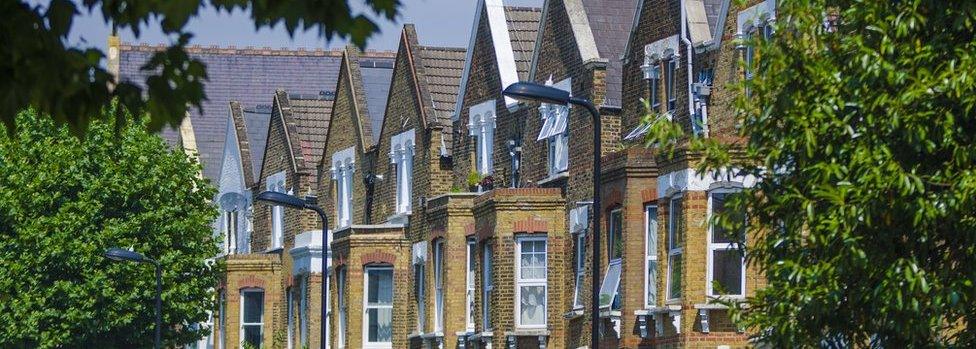
Housing is a devolved issue, so there are different rules in the different nations.
In Scotland, the equivalent tax is called Land and Buildings Transaction Tax. Here the tax is levied on buyers purchasing homes costing more than £145,000 - the same as the average house price for all buyers.
New rates have already been set in Wales for next April, with a starting point tax of 2.5% on properties of more than £150,000. The average home in Wales cost £153,000 in September, official figures show. The changes announced in the Budget will take effect until then.
Scotland and Wales will need to decide whether they follow this measure in England.
Northern Ireland, which has the same stamp duty rates as England, has an average house price of £132,000.
Mr Hammond announced measures that he said would see 300,000 new homes built a year by the mid-2020s. He had signalled this change earlier in the week.
Local authorities will be able to increase the council tax premium on empty homes from 50% to 100% "to encourage owners of empty homes to bring their properties back into use".
Earn more before you are taxed
At present 31 million people pay income tax in the UK. Nearly 26 million of those pay at the basic rate.
The amount earned before income tax is paid - called the personal allowance - will rise from £11,500 to £11,850 in April. This will cut less than £100 a year off a basic rate taxpayer's annual bill.
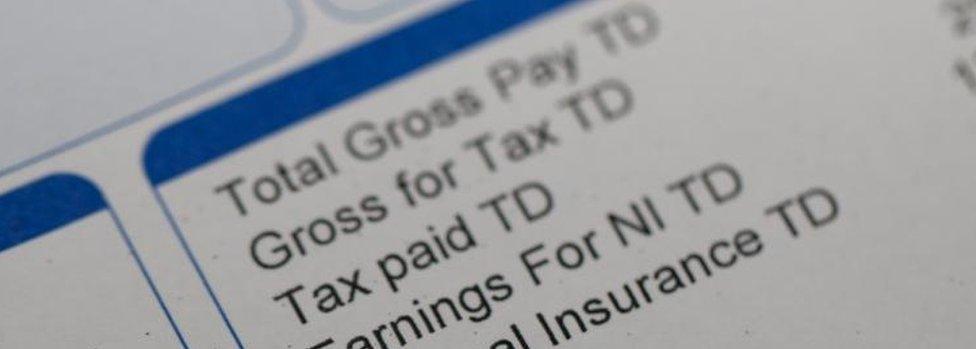
It was a Conservative manifesto pledge to increase the personal allowance to £12,500 by 2020-21.
The higher rate is paid by 5.2 million people. The threshold will rise from £45,000 to £46,350. The government has already pledged to increase this to £50,000 by 2020-21.
The threshold is different in Scotland (owing to devolved powers) where it is £43,000. The Scottish government will announce its intentions for these rates in December.
Bowing to pressure on Universal Credit
Universal credit is a new benefit for working-age people, replacing six benefits and merging them into one payment. They are Income Support, income-based Jobseeker's Allowance, income-related employment and support allowance, Housing Benefit, Child Tax Credit and Working Tax Credit.
Currently people typically have to wait six weeks for their first payment and one in five wait longer.
The chancellor announced various measures to tackle some of the issues raised in a concerted campaign from charities and many MPs. This is likely to cut a week off this wait.
New Universal Credit claimants in receipt of Housing Benefit will now continue to receive it for two weeks.
Beer and cigarettes
The duty on beer, cider and spirits has been frozen this time, although there will be an increase on some high-strength drinks, including some white ciders.
There was a 2p increase on a pint of beer and 1p increase in cider announced in the Spring Budget. A bottle of Scotch whisky was increased by 36p in March.

The chancellor has now announced an additional duty on hand-rolling tobacco, on top of the previously announced inflation plus 2% rise in tobacco duty which would push up the cost of a packet of 20 cigarettes by 28p.
What changes for drivers?
Fuel duty has been frozen again, a move that will be welcomed by many drivers.
Many drivers of new diesel cars will see an increase in the road tax they pay in the first year of owning their car from April. They will be levied on one band higher than those with petrol cars, owing to the environmental effect of this type of fuel.
This will amount to only about £20 for smaller cars, and £300 for larger cars, Treasury figures show.
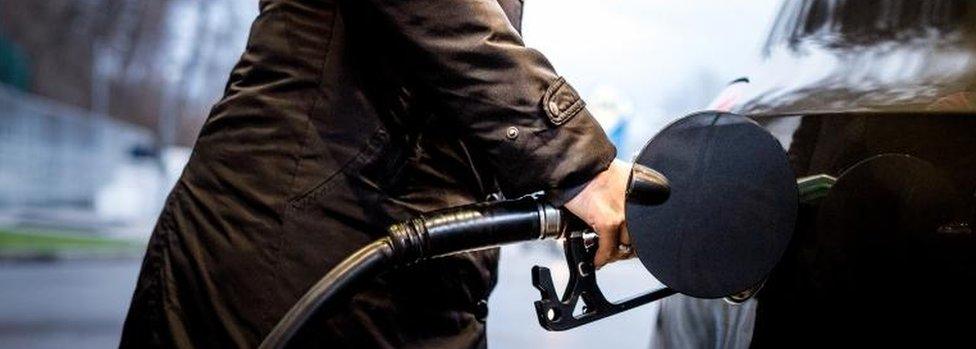
At present, there is a sliding scale of charges for the first year of ownership and after that petrol or diesel vehicles are subject to a "standard" rate of £140 a year.
Only those diesel vehicles that do not meet the very latest European emissions standards will be affected.
The existing diesel supplement in company car tax is also going up, and there will be less of a tax impact for those who charge up their electric car at work,
Millennial travel card
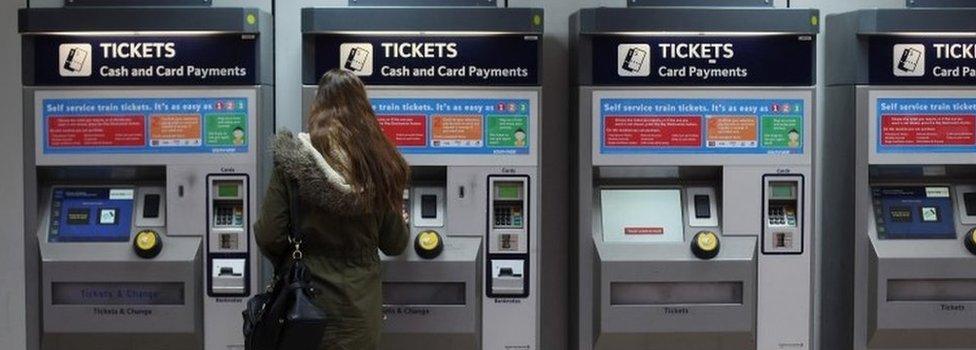
The government has said people up to 30 years-old will be able to buy a £30 railcard for discounted train travel from next spring - an extension of the current young person's railcard for those aged 16 to 25.
The so called millennials' card will be available from spring next year, and offer up to a third off non-peak fares, which usually apply on services after 10am.
State pension increase
The 3% rise in the state pension in April has been confirmed, amounting to £3.65 extra a week. As is usually the case, this is in line with inflation, which measures the cost of living, in September.
What we already knew
Changes already earmarked for next April and subsequent financial years include:
Many working-age benefits will be halfway through a four-year freeze by April. These include Jobseeker's Allowance, Employment and Support Allowance, some types of Housing Benefit, and Child Benefit. However, state pensions, Maternity Pay and some disability benefits are excluded. This is on course to save the Treasury £4.6bn, according to the Institute for Fiscal Studies (IFS)
The gradual process allowing people to pass on property to their descendants free from some inheritance tax will enter its second year. It will reach its target by 2021
Many buy-to-let landlords are seeing the amount of tax relief that they can claim on mortgage interest payments cut over the course of four years. The process began in April. Eventually, they will only be able to claim at the lower rate of tax, not the higher
Director shareholders will see a tax break reduced on the dividends they receive. The tax-free dividend allowance - which came into force in 2016 - will be reduced from £5,000 to £2,000 from April. That will affect those who own a small business and pay themselves in dividends alongside a small salary and people with large portfolios of shares, perhaps by hundreds of pounds
Public sector pay in England and Wales was frozen for two years in 2010, except for those earning less than £21,000 a year, and since 2013, rises have been capped at 1%
- Published22 November 2017
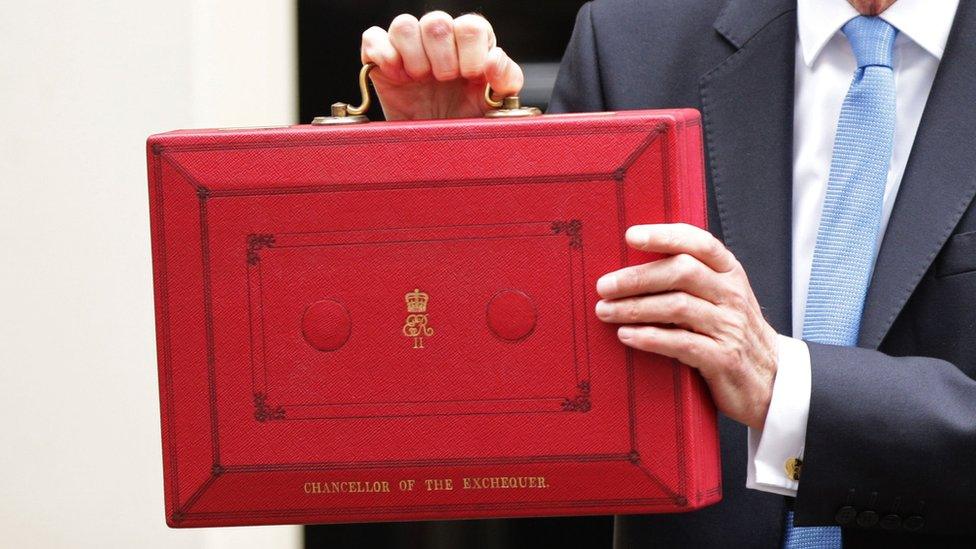
- Published22 November 2017

- Published11 March 2020
